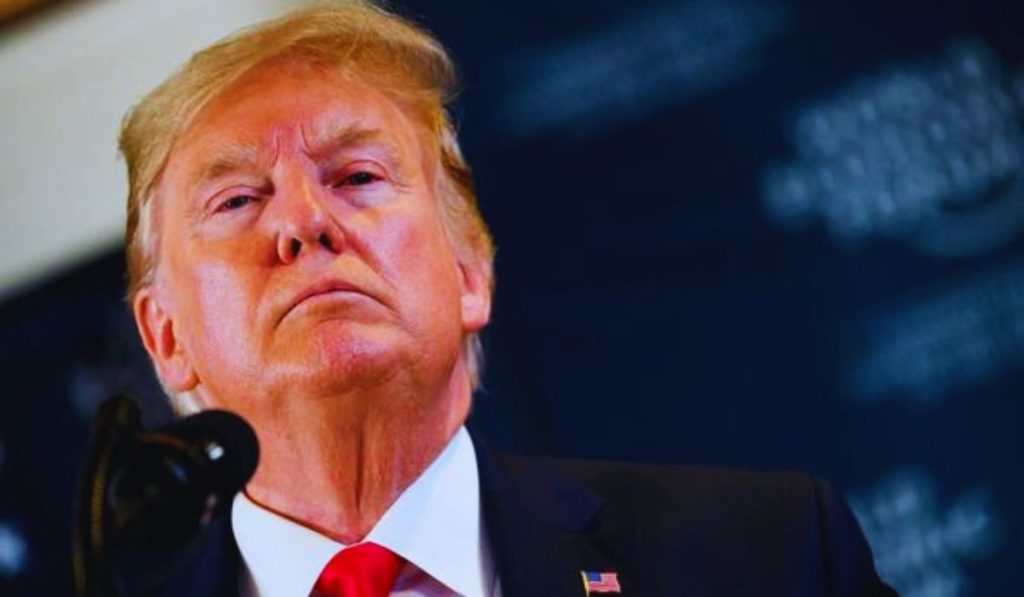Washington, D.C. — The federal case against Donald Trump for his alleged attempts to overturn the 2020 presidential election has entered a new phase with the filing of a revised indictment by Special Counsel Jack Smith. This development follows a crucial Supreme Court ruling that granted former presidents broad immunity from prosecution for official acts, compelling the prosecution to refocus its charges on Trump’s actions as a private citizen and political candidate rather than as president.
The new indictment, filed in late August, removes references to Trump’s interactions with Justice Department officials and other federal government figures, which the Supreme Court deemed protected under presidential immunity. Instead, the charges now emphasize actions that Trump took in his personal capacity, such as pressuring state officials, orchestrating a scheme involving fraudulent electors, and attempting to manipulate the certification process on January 6, 2021.

Despite the narrowed focus, the charges against Trump remain severe. He faces four counts, including conspiracy to obstruct an official proceeding, conspiracy to defraud the United States, and conspiracy against the right to vote. The indictment retains allegations that Trump sought to pressure Vice President Mike Pence to reject legitimate electoral votes and exploited the chaos at the Capitol on January 6 to further delay the certification of Joe Biden’s victory.
Legal experts suggest that the revised indictment is a calculated move by Smith’s team to sidestep the Supreme Court’s ruling while still holding Trump accountable for his post-election conduct. By focusing on actions that can be characterized as outside the scope of official presidential duties, the prosecution hopes to present a more robust case that can withstand legal scrutiny and proceed to trial.
Trump, who has consistently denied any wrongdoing, responded to the new indictment with characteristic defiance, condemning the charges as politically motivated. On his social media platform, Truth Social, Trump vowed to fight the allegations, framing the prosecution as part of a broader effort to undermine his political comeback ahead of the 2024 presidential election.
The new indictment was brought by a grand jury that had not previously heard evidence in the case, a move likely intended to prevent Trump’s legal team from arguing that the entire case is tainted by evidence the Supreme Court has now excluded. This fresh grand jury’s involvement further solidifies the prosecution’s strategy to navigate the legal complexities surrounding the case.
As the case progresses, it is expected to become a focal point of political and legal debate, with significant implications for both Trump’s political future and the broader legal principles surrounding presidential immunity. The trial, if it proceeds, will test the boundaries of legal accountability for former presidents and could set a precedent for how such cases are handled in the future.
With the 2024 election on the horizon, the timing of the trial remains uncertain. However, the revised indictment ensures that Trump’s legal challenges will continue to be a significant issue, both in the courts and in the court of public opinion. As the legal process unfolds, the nation will be watching closely to see how this unprecedented case develops and what it means for the future of American democracy.
Also Read Mexico’s President Announces A ‘Pause’ In Diplomatic Relations With The US Embassy

